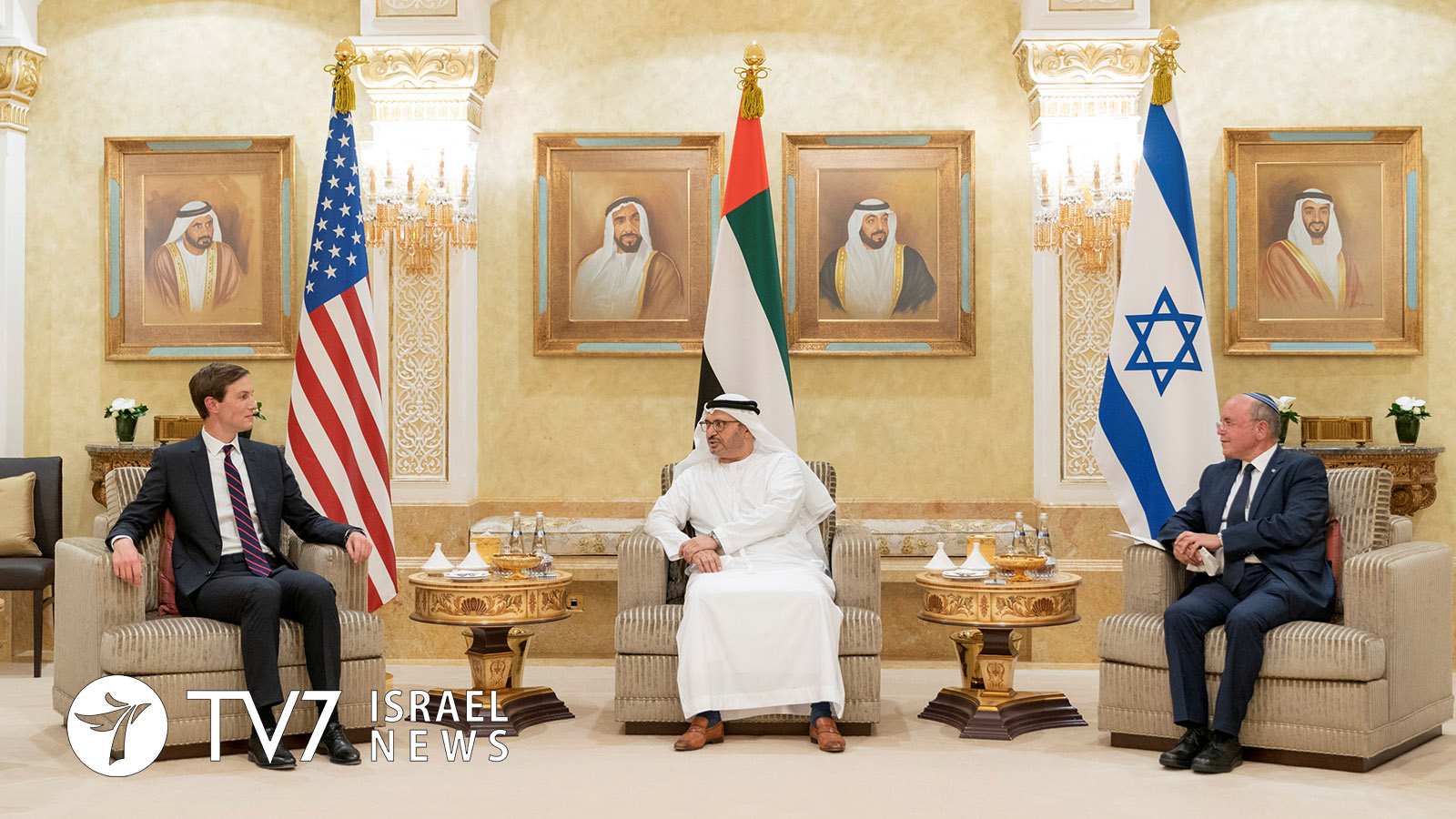Israel’s cabinet officially approved the nation’s normalization deal with the United Arab Emirates, as Prime Minister Benjamin Netanyahu said he and Abu Dhabi’s Crown Prince Mohammed bin Zayed al-Nahyan had spoken and agreed to meet soon.
The next stage of formalizing the Abraham Accords will come when the UAE government will issue a decree following ratification by the country’s Federal Cabinet.
“At the weekend, I spoke with my friend, the Crown Prince … and invited him to visit Israel,” Netanyahu said. “He invited me to visit Abu Dhabi. But first, we will see a UAE delegation here and another one of our delegations will go there.”
The Israeli leader added that the talks were about “cooperation that we are promoting in investment, tourism, energy, technology and other spheres.”
The U.S.-brokered “treaty of peace” establishing full relations with the Gulf Arab country broke new diplomatic ground in the region where concern over Iran is high. The Palestinians, however, condemned the pact as betrayal of their quest for statehood.
Sheikh Mohammed, as Abu Dhabi’s Crown Prince and de facto UAE leader is known, confirmed his conversation with Netanyahu. In a message posted on his Twitter account, he said the discussion centered on the further strengthening of bilateral ties and the prospects for peace in the Middle East.
According to a source familiar with plans for the delegations’ visits, Israeli representatives accompanied by U.S. officials will fly to Bahrain on 18 October. Manama also signed a “declaration of peace” with Jerusalem in Washington, D.C. on 15 September. The two sides are still discussing details of a full accord.
The Israeli-U.S. officials will travel to the UAE on 19 October, and are slated to return to Israel with a UAE team the following day.
In a sign of burgeoning Israel-UAE cooperation, a ship from the UAE docked on Monday at Israel’s port of Haifa, carrying a cargo of 15 containers along a shipping line between India, the UAE, Israel and the United States. Just a few months ago, such a journey from Dubai’s Jebel Ali port to the northern Israeli city would have been unimaginable.
The crates were unloaded from the MSC Paris cargo ship, filled with electronics, cleaning supplies, iron and firefighting equipment.
The diplomatic breakthrough of the Abraham Accords signals a strategic realignment of Middle East nations, in particular Israel and Gulf Arab nations led by Sunni rulers, who face what they perceive as a shared threat from Iran. It is the beginning of a new era of economic and potential collaborations in the fields of business, investment and technology.
Israeli officials have estimated bilateral trade could reach as much as $4 billion a year – and nearly all goods will have to travel by sea.
“We’re going to see this line once a week by MSC and, who knows, later on maybe we’ll have even more … I hope that will happen quickly,” said Eshel Armony, who is the Chairman of the Board of the Haifa Port.
The spokesman said the MSC Paris was part of its Indus Express service, which originates in the United Arab Emirates and calls at Indian ports, the Mediterranean and the United States.
